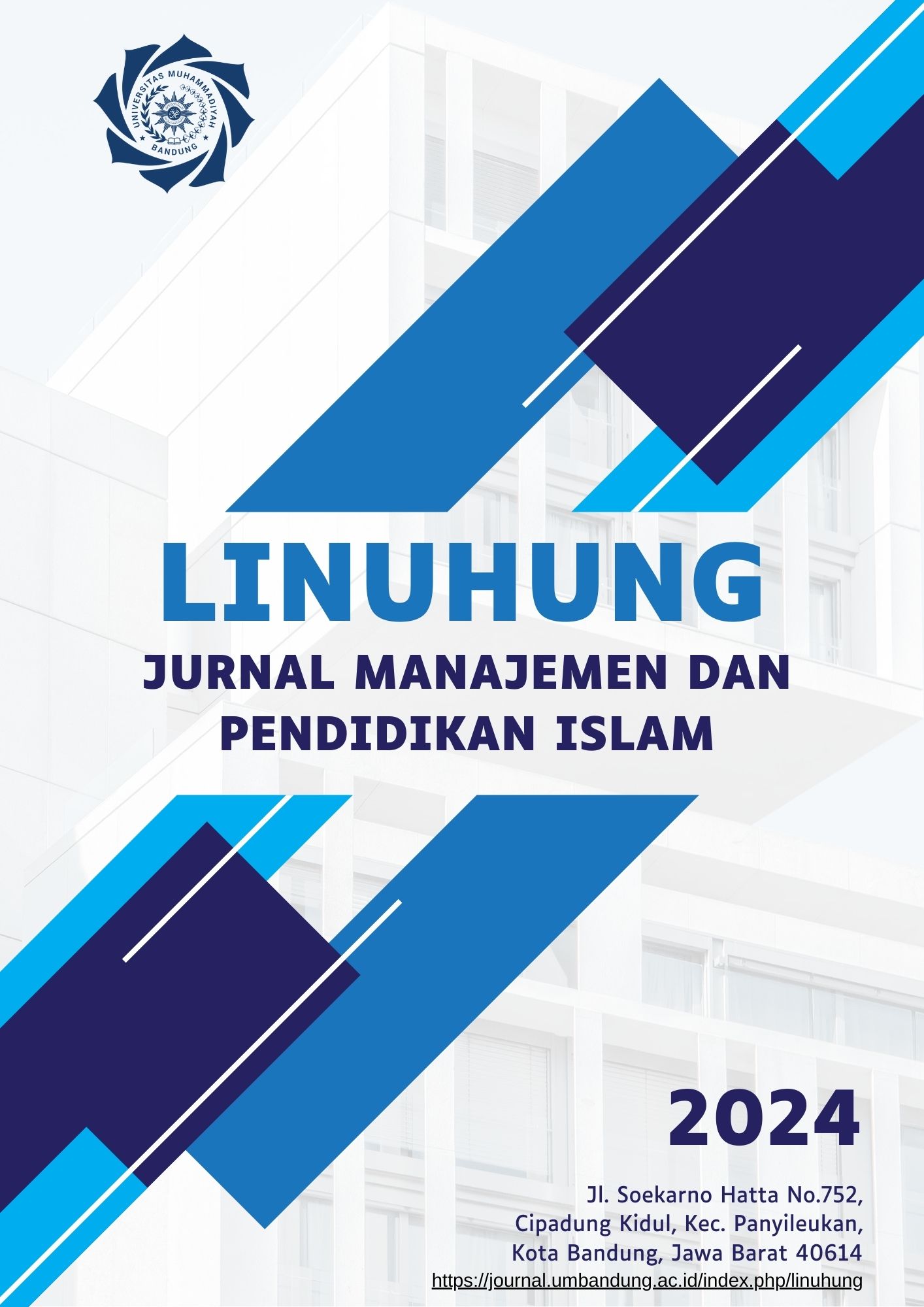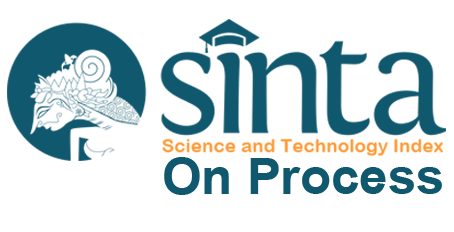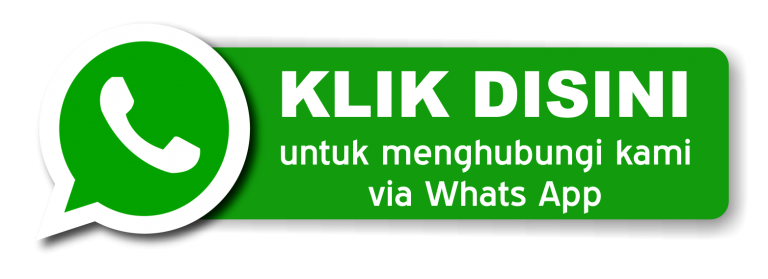Audio Media in Islamic Religious Education Learning
DOI:
https://doi.org/10.52496/linuhung.v1i1.74Kata Kunci:
Audio Media, Learning, Islamic Religious EducationAbstrak
The learning process is the process of communication between teachers and students through verbal language as the main medium for delivering learning material. In these conditions, the learning process depends on the teacher as a learning resource. However, not all teaching materials can be presented directly by the teacher. To learn about the life of living creatures on the seabed, it is not possible for the teacher to guide students directly to the bottom of the ocean, or to divide the human chest just to learn how the organs of the human body work. However, the teacher can use various kinds of tools in delivering learning material. This learning aid is meant by media or teaching aids. In PAI learning, so that the learning material provided is more easily understood by students, it takes media to help the delivery process. Through the media (tools), it is expected that the same perception will occur between teachers and students. Moreover, Islamic Education is education that is very important for human life, especially in achieving inner peace and mental health in general. Audio media can be used as an alternative to learning PAI.
Referensi
Arsyad, Azhar. 2010. Media Pembelajaran, Jakarta: Rajawali Pers Asnawir dan
Basyirudin Usman. 2002. Media Pembelajaran Jakarta: Ciputat Press
Bloom, Benjamin S. 1956. ‘Taxonomy of Educational Objectives. Vol. 1: Cognitive Domain’, New York: McKay.
Daryanto. 2013. Media Pembelajaran, Yogjakarta : Gava Media.
Gerlach dan Ely. 1971. Teaching & Media: A Systematic Approach. Second Edition, by V.S. Gerlach & D.P. Ely, 1980, Boston, MA: Allyn and Bacon. Copyright 1980 by Pearson Education.
Hidayati, Ani Nur. 2017. Implementasi Kurikulum 2013 Revisi 2017 Pada Pendidikan Agama Islam. (Online). (https://bdksemarang.kemenag.go.id/i mplementasi-kurikulum-2013-revisi- 2017-pada-pendidikan-agama-islam/, diakses 16 Februari 2019).
Hoff, Timothy J, Henry Pohl, and Joel Bartfield. 2004. ‘Creating a Learning Environment to Produce Competent Residents: The Roles of Culture and Context’, Academic Medicine.
Krathwohl, David R. 2002. ‘A Revision of Bloom’s Taxonomy: An Overview’, Theory into Practice.
Kropf, Dorothy C. 2013. ‘Connectivism: 21st Century’s New Learning Theory’, European Journal of Open, Distance and E- Learning.
Miller, George E. 1990. ‘The Assessment of Clinical Skills/competence/ performance.’, Academic Medicine.
Munadi, Yuhdi. 2013. Media Pembelajaran Sebuah Pendekatan Baru, Jakarta : Referensi GP Press Group.
Nofiana, Mufida. 2016. ‘Pengembangan Instrumen Evaluasi Higher Order Thinking Skills Pada Materi Kingdom Plantae’, Pedagogi Hayati, 1 (2016)
Ramayulis, Ilmu Pendidikan Islam. 2002. Jakarta : Kalam Mulia.
Sanjaya, Wina. 2011. Perencanaan dan Desain Sistem Pembelajaran. Jakarta: Kencana
Sanjaya, Wina. 2014. Media Komunikasi Pembelajaran. Jakarta : Kencana.
Unduhan
Diterbitkan
Cara Mengutip
Terbitan
Bagian
Lisensi
Hak Cipta (c) 2024 Hafid Muslih, Gilang Sukma Permana

Artikel ini berlisensiCreative Commons Attribution-ShareAlike 4.0 International License.













